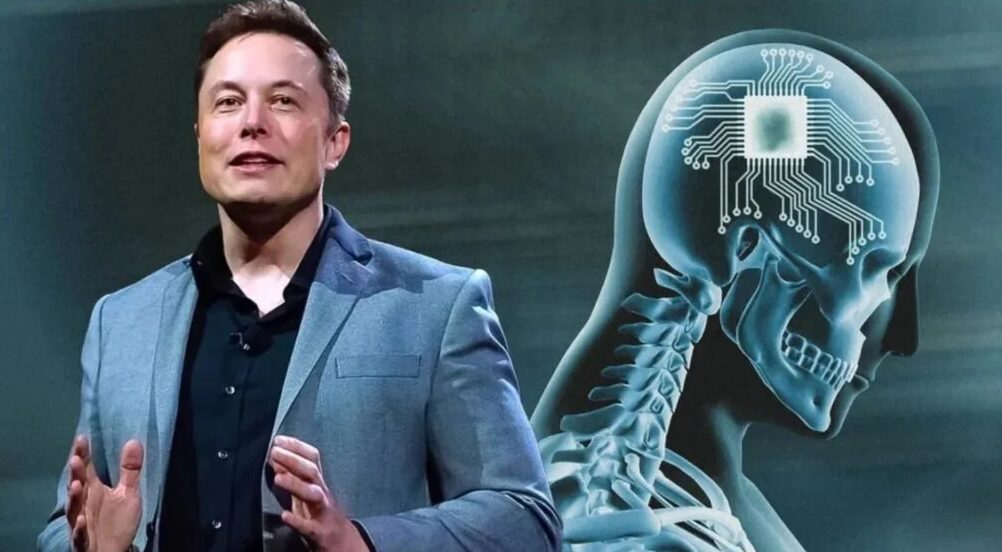Elon Musk’s groundbreaking venture, Neuralink, announced on Wednesday its leap into human trials. They’re actively scouting volunteers to test state-of-the-art brain implants, aiming at establishing brain-to-computer communication and possibly, in the long run, addressing neurological disorders.
The Vision: Bridging Human Brains and Computers
Last December, during a Neuralink presentation, Musk outlined the company’s ambitious goal: enabling human brains to directly interface with computers. He envisions a future where such implants restore vital functionalities like vision and mobility in individuals who’ve lost them.
“For those with minimal muscle function,” Musk passionately shared, “we hope to empower them to use their phones even more efficiently than able-bodied individuals.”
Perhaps the most audacious of his claims, Musk believes in the potential to completely rejuvenate full-body functionality even for someone with a severed spinal cord.
A Step Beyond: Musk’s AI Vision
Musk’s aspirations stretch beyond just medical applications. He emphasizes the imperative to keep humans intellectually at par with rapidly evolving artificial intelligence (AI). By enhancing our cognitive abilities, he hopes to avert being overshadowed by AI.
Challenges and Controversies
Neuralink’s endeavors haven’t been without hurdles. Government agencies, such as the US Department of Transportation and the Department of Agriculture, have launched probes into the company’s practices. Allegations range from unauthorized transfer of biohazardous materials to accusations of animal mistreatment. A Reuters report last December pointed to around 1,500 animal casualties resulting from Neuralink’s experiments.
Musk’s Vision: Beyond the Present
Never one to limit his imagination, Musk also hypothesizes about potential applications like telepathy, memory storage, and even the tantalizing concept of transferring consciousness into robotic bodies. “Imagine saving and replaying memories or downloading them into a robotic entity,” Musk remarked at a 2020 Neuralink event.
Clinical Trial Insights
The recruitment announcement marks Neuralink’s recent advancement in their quest to revolutionize brain-computer interactions. The upcoming PRIME study will critically assess the safety and functionality of the Neuralink implant and its accompanying surgical robot.
Eligible participants include those suffering from quadriplegia due to spinal cord injuries or ALS. They should be at least a year into their condition, aged 22 or above, and have a dedicated caregiver.
This primary study spans approximately 18 months. However, accounting for extended follow-up sessions, the entire trial will take close to six years to conclude.
Previous Successes with Primates
Neuralink isn’t entirely untested. Successful trials on primates have already been documented. Notably, in April 2021, Neuralink showcased a monkey playing the video game Pong, using only its brain — a remarkable testament to the technology’s potential.
Musk’s Neuralink has undoubtedly set the stage for what might be the next big evolution in human-tech synthesis. While challenges remain, the prospects are boundlessly intriguing. The world watches as Neuralink embarks on this thrilling journey.












